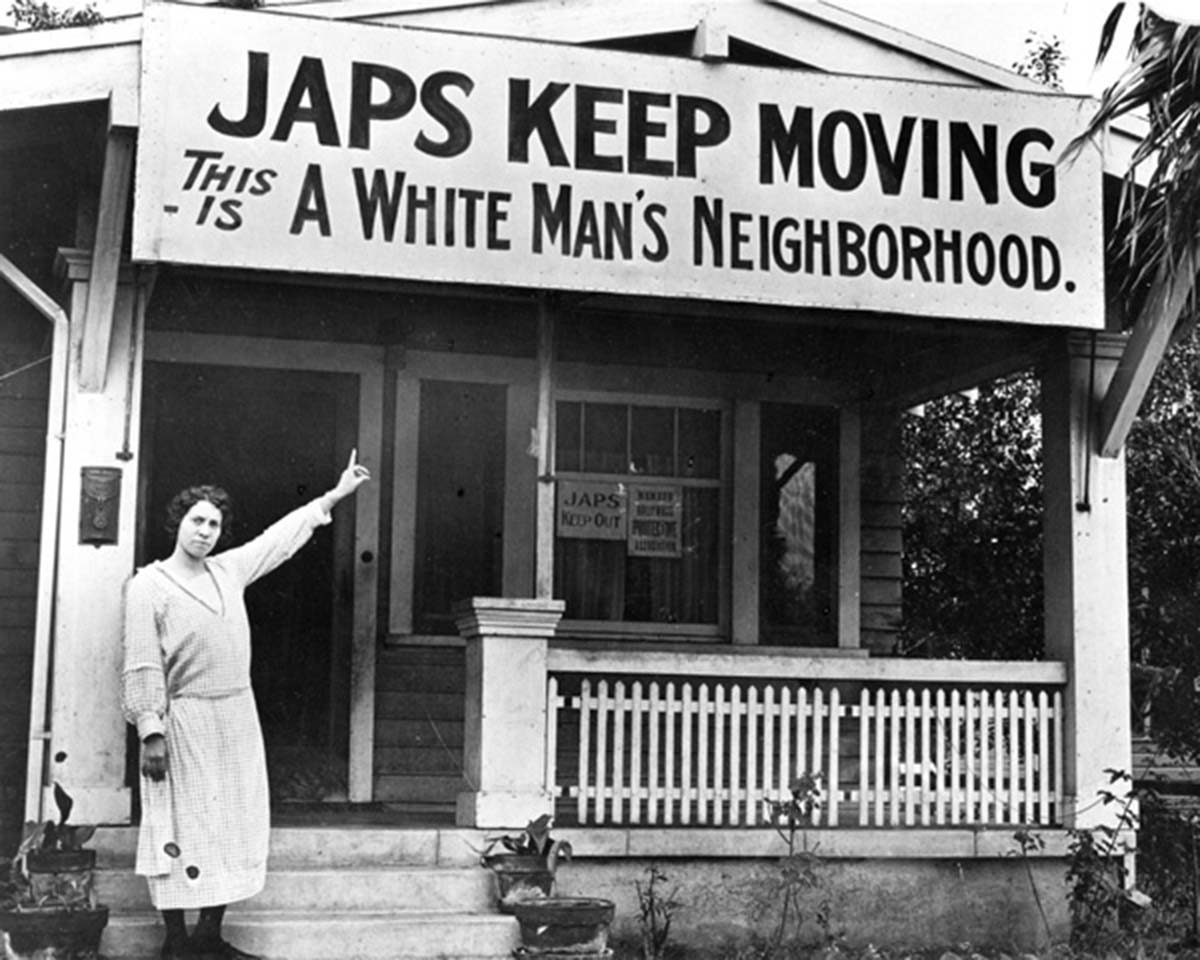I have an annoying husband.
He teases constantly, thieves minor-ly, hates unreasonably, chatters endlessly, and tidies up behind me. Generally, I am tolerant or amused. He found out quick and I figured out much later that he suddenly becomes intolerable when something else is bothering me. If I snap, he approaches cautiously, "So....how was work today?" Turns out, work has been great. But I am losing a a long-standing connection with a volunteer community, and I am very, very angry.
The community of which I speak is a discussion board where I have moderated for years in the Ex-Jehovah's Witness community. I'm not an ex-Witness myself, but I've lived in hope for my husband to become one. The board is dynamic, funny, and real. It is one of the few places on the internet where there's a cachet of intelligent conversation where subjects as diverse and politics and religion are debated openly. And usually civilly.
Except when the board owner takes offense to the violent streak in Islam. I resign as a moderator, and protest. I won't go in to the mechanics of our difference just yet. I'm angry enough to have four or five blogs' worth of comment left in me. But in fairness to my annoying husband, I'm confronting the source of my anger, taking a step back and dissecting the dynamics of dissension.
Who knows? When I am done perhaps my anger will have dissolved, there will be apologies all around, and there will be some sort of reconciliation. Maybe.
The fierce emotions coursing through me can be predicted from some of my readings lately, especially Haidt's
The Righteous Mind and Pinker's
The Better Angels of our Nature... Most encouraging is that the studies referenced by these authors (likely fierce opponents themselves) also point to how we can disentangle ourselves from old hatreds. It might be interesting to see if the techniques hinted by the studies referenced might work to resolve this seemingly irreconcilable difference.
So how am I feeling? So asks my indefatigable
iMood Journal several times a day. The gentle request is preceded by a
meditation gong. Oh, how annoying is that gong to my long-suffering husband. He asks, "Is there any way you can turn that off?" So of course I will never give it up. At random times of the day, my iPhone gongs and I turn to hubby and ask sweetly, "How are you
feeling?" Hahahahahaha.
So how am I feeling? If I go anywhere near that heated discussion, I am angry. I see ignorant, bigoted posts allowed to stand unmolested. My quiet protests get buried under a flood of fellow-feeling for the board owner's disgust and anger towards the Islamic faith. My arguments are called "lame", my honest response to a disaster "hypocritical". I feel disrespected, my contribution over the years swept away in the heat of crude argument.
I would call the response classic
dinosaur brain
A most useful metaphor to describe the fierce, unintelligent, and primal response to threat. We know better now, of course. The part of our brain that houses the fight response is not as old as the dinosaurs. It's alive and well in our primate cousins. Monkey brain.
So how do chimps fight asks Pinker in
The Better Angels.... It turns out in fairly evenly matched confrontation between troops, there will be a lot of screaming and chest thumping. Neither group can risk loss of prime hunters, so the threat is kept verbal, a "Don't tread on me" sort of warning. Not to say that chimps won't turn violent but they do it in secret, and if the poor victim is vastly outnumbered. When done in secret, the threat to their own number is minimized.
I am sure you can think of a similar spillover in the human communities. Violent acts generally private or in the cover of darkness, to prevent detection and consequences. Presidential screaming matches are a good sign that both combatants would prefer to settle without resorting to violence.
I can't say my ancestors always took this to heart. I understand the clan of
Fraser was greatly reduced in number by one battle from which they refused to back away. I credit my heritage for a personal refusal to back off when principles are at stake.
But my dispute with an old friend in this case, is not a battle between opposing tribes. We are participants in the same community. So there is another dynamic at play; this is a battle of dominance.
Within a tribe, one of us has got to go.
The logic is pretty plain. I have been a happy and active participant of the discussion board for many years, but I am not the owner. If the owner won't back down, I must go. If this were the local pub, I am virtually throwing in my towel.
Dinosaurs, chimps, wolves, and the local pub.
Hence, my grief and my rage. I must bow out of a community I have supported and admired for these twelve years.
Next, I'll explore "hot buttons" and why disputants polarize.

